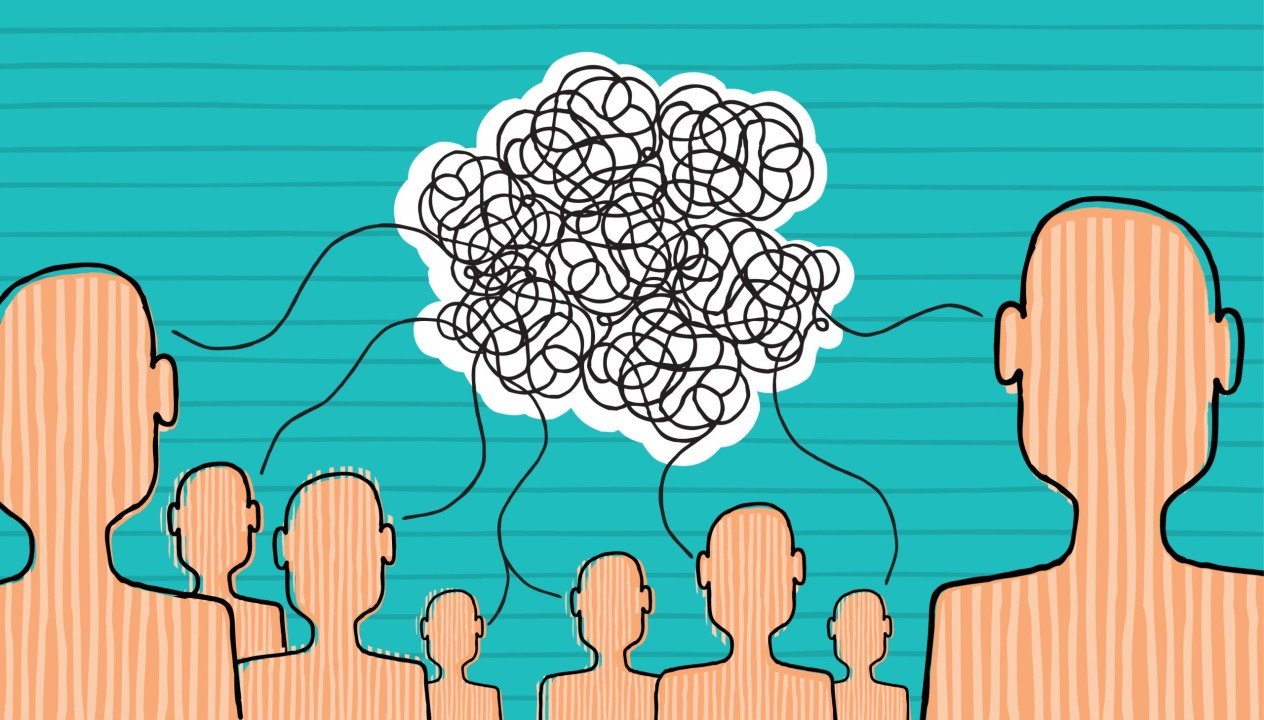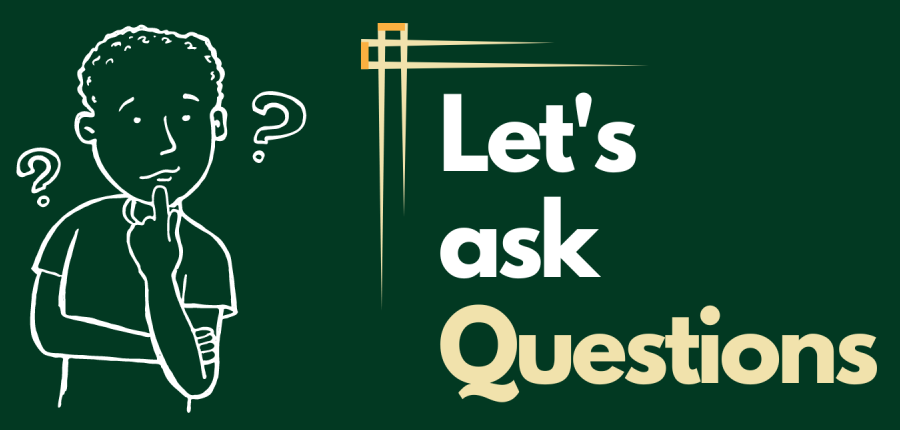My goal is to work with leaders and senior executives, helping them lead employees from marginalised and underrepresented backgrounds. Curiosity about people has shaped my life, and I create deep connections because I care about learning and understanding the people I work with. I’ve been fortunate to work in learning and development, consulting, implementing DEI initiatives, and coaching. I create a safe space where individuals can remove their masks, speak from the heart, and trust that I will never judge them. Contact me via email for a confidential meeting.
Supporting skills
Human beings naturally seek to understand their social status in relation to others. I think acknowledgement and recognition are powerful tools for enhancing status and fostering supportive behaviour. However, when people are uncertain about what to expect, they tend to become defensive. To create a sense of safety, it’s important to provide clarity about what they will experience. When coaching, understanding my own behavioural patterns helps me relate more effectively to my clients.
Opportunity gives courage
Success often requires taking risks, even when failure is a possibility. Think of an entrepreneur launching a new product: they risk financial loss but also open the door to innovation and market breakthroughs. In a corporate setting, a leader encouraging their team to test bold ideas - knowing some may fail - builds a culture of creativity and resilience. True success isn’t just about avoiding failure; it’s about embracing the lessons it brings and using them to grow stronger.
Building trust
While offering help shows generosity, asking for help fosters deeper trust because it reveals vulnerability and invites collaboration. For instance, a manager who admits they need input on a challenging project gives their team a chance to contribute, making them feel valued and trusted. Similarly, asking a colleague for advice on solving a problem strengthens the bond between you, as it shows respect for their expertise. Trust thrives in these moments of mutual exchange, creating a stronger sense of connection and teamwork. I think we don’t build trust by offering help; we build trust by asking for help.
Common sense and genius
““Two things that seldom seem to go together are genius and common sense. When I try to think of people with both, the first name that comes to mind is Milton Friedman. But it is a struggle to try to come up with more names after that.””
Embrace contradictions
Human psychology is full of intriguing contradictions, often described as "unions of opposites." Robert Cialdini, in his book Influence, highlights how these opposites can be remarkably effective in persuasion. For example, we’re drawn to products that “everyone has,” associating popularity with quality, yet exclusivity - “only a few have this”- can evoke just as powerful a desire. Similar dynamics emerge with scarcity versus abundance, where the urgency of “act now, it’s almost gone!” contrasts with the reassurance of “there’s more than enough for everyone,” and with familiarity versus novelty, as in “this is a trusted classic” versus “discover something new and unique.” Beyond persuasion, these contradictions extend to the value we find in processes versus outcomes. Certain experiences gain meaning not from the result but from being savoured slowly and thoughtfully, where the journey itself becomes more significant than the destination.
Consistent narratives
c/o Adobe
Marketing is about crafting a story that resonates with the right audience, one so compelling that they feel inspired to share it, building trust and a reputation for what you stand for. Too often, marketers default to creating average solutions for average people, leading to a race to the bottom. Instead, we should focus on meaningful engagement, investing resources in systems that align with our goals. While authenticity and personal connections can feel overwhelming to execute consistently, I think what people truly value is consistency and transparency. These qualities foster trust, ensuring your story endures and spreads naturally.
Everyone is capable of being toxic
There is a difference between emotional invalidation and gaslighting. Gaslighting is a form of psychological manipulation where someone intentionally causes another person to doubt their feelings, memories, or perception of reality. The goal is often to control or undermine the other person. For example, a gaslighter might say, “You’re imagining things” or “You’re too sensitive” to dismiss valid concerns. In contrast, emotional invalidation happens when someone dismisses or minimises your feelings, often shifting the focus away from your concerns. While this behaviour can be hurtful or defensive, it isn’t necessarily gaslighting unless there’s a pattern of making you question the legitimacy of your emotions or reality.
Myth busters
Here are three key myths busted:
Coaching is about growth and performance, not problem-solving. It’s designed to help you reach your potential, not to address issues.
Coaching is often mistaken for consulting or mentoring. The difference is in the approach: consulting and mentoring rely on external expertise, while coaching helps you tap into your own insights as the expert in your journey.
Coaching is confidential, even when it's sponsored by your employer.
Trust your instinct
I help individuals develop a success-oriented mindset. I think by trusting your instincts and leveraging the power of storytelling, you can highlight the unique story that sets your business apart. Focus on solving meaningful problems as this is the foundation of true impact. Remember, understanding the difference between being right and achieving success is key to long-term growth.
“We don’t build trust by offering help, we build trust by asking for it.”
Let's have a meeting
I work with C-suite executives, business owners, and senior managers to unlock their full potential. I think meaningful change starts with transforming the way we think. To act differently and develop new behaviours, we first need to shift our thoughts. Rather than teaching new skills, I help my clients recognise and leverage the abilities they already possess. By gaining new perspectives, they can use these skills in more effective ways. My approach focuses on enhancing self-awareness, clarifying goals, and developing leadership and management skills, equipping my clients with the tools to solve their challenges confidently and effectively.
Interested? Contact me via email and let’s have a meeting.
London baby
10 things that require discipline, not talent:
• Consistent sleep routines
• Eating healthier
• Honesty
• Journaling
• Kindness
• Laughing out loud
• Playing
• Reading
• Saying ‘please and thank you’
• Spending time in nature
• Staying in touch with friends
Everyone can be better
The core model of coaching focuses on raising awareness and setting clear, positive goals. To do this effectively, it is crucial to establish a genuine connection with the client, demonstrating care for both the client and the process we are engaged in. A key responsibility of the coach is to help the client gain clarity—about what they want, their current situation, their goals, and the factors that will support them throughout the process. Curiosity is a powerful motivator for a coach; being genuinely curious about the client’s journey enhances your ability to guide and support them effectively.
Challenging the client’s thoughts and holding them accountable as they make progress is also essential. Confidence in the coaching process, belief in the client’s potential, and a guarantee of confidentiality are all critical to a successful coaching relationship. Both the coach and the client must be committed to the process and the desired outcomes. With this foundation, not only can clear goals be set, but they can also be achieved.
Beyond survival
Purpose isn’t a destination you stumble upon; it’s a commitment you cultivate every day. We have to identify what brings meaning to our lives and take purposeful steps consistently. By becoming more purpose-driven, we shape our thoughts, feelings, and actions in alignment with our goals. After all, our actions only change when our thoughts transform, as thinking inspires feeling, and feeling propels action.
Remember, you don’t find your life’s purpose - you create it. If you haven’t yet discovered your passion, your purpose is to explore and unveil it. Lacking an innate sense of direction doesn’t mean you’re without purpose. Instead, it signals that your journey of self-discovery is a vital part of your mission. Embrace the challenge, and find joy in uncovering who you’re meant to become. I think your purpose won’t be handed to you or dictated by others; it’s cultivated from within, nurtured by your actions and decisions.
Building resilience
Leadership is more critical than ever as leaders face unprecedented challenges. In these moments, it’s essential to stay present, even when you feel unsure about finding the right words. Take a moment to process, and remember to remain grounded, unaffected by the behaviour or framing of your coachee (client). This approach enables clarity and authentic leadership.
It's not their fault
When a top player on the team suddenly finds themselves in charge, their instinct is often to tell everyone what to do. I think this approach is exhausting and unsustainable. It’s not the new leader’s fault, though as they are rarely given proper training or a coach to guide them through the transition. Leadership involves three key responsibilities: coaching, motivating, and inspecting, depending on the situation. Inspection, in my view, includes activities like forecasting and setting quarterly goals.
Leaders often feel the urge to step in and be the saviour. It feels concrete and actionable: “We have an issue? I’ll handle it with the client. There’s a problem with a deal? I’ll tell you the next three steps to win.” Leaders leverage their experience and knowledge, while team members rely on their facts and research. But the more leaders step in, the more they create dependency. Team members will return to the leader’s office even sooner next time, seeking direction earlier in the process. Over time, this dynamic makes the team worse, not better. I call this “learned helplessness.”
I like being a sounding board
c/o GETTY IMAGES
Why do organisations promote someone who’s not good with people?
Many people are promoted for their expertise rather than their ability to connect with others. I think promoting someone who doesn’t genuinely like people is a mistake. Often, resistance to change stems from a fear of losing one’s identity as the “expert.” People worry, “If I’m not the one who knows everything, who am I? Will I still be valued, or will people think I don’t deserve this position without all the answers?”
In reality, employees don’t expect their leaders to have all the answers. In fact, they often wish their leaders would ask, “What do you think?” Yet, many leaders are held back by the fear that asking this question might make them seem less competent. Ironically, the act of inviting input adds tremendous value, as it encourages collaboration and helps leaders process ideas more effectively by thinking out loud with their team.
Let's ask questions
Coaching focuses on asking impactful questions rather than knowing all the answers. The strength of these questions comes from intentional preparation, but it’s essential for coaches to avoid overpreparing and relying on an overload of information. Instead, they need to be guided by genuine curiosity to uncover the client’s unique worldview. I aim to understand the coachees perspective before jumping in with solutions, using curiosity-driven questions to foster meaningful exploration and breakthroughs.
I think simplifying coaching by prioritising humanity and curiosity will create transformational change. Identifying clear outcomes helps guide coachees through initial steps toward their goals, considering the wider influence coaching can have on their surroundings. I also think by focusing on understanding and thoughtful inquiry, coaches can amplify their impact, empowering clients effectively.
Powerful reinforcements
Beliefs, whether based on fact or fiction, are human inventions that help us make sense of ourselves and the world. Neuroscience research demonstrates that training and positive reinforcement can change people’s minds and behaviours. When we tell people what to do, we engage only their short-term cognitive memory, and as a result, they often forget much of the information, and it rarely leads to meaningful behavioural change. For instance, consider how many things you know you should be doing but haven’t acted on. Knowledge alone doesn’t transform our perception of ourselves or the world. Coaching is different. It facilitates long-term behavioural change by helping the brain rewire. I think as a person’s neural pathways evolve, their self-image and worldview shift, which in turn drives new behaviours. This lasting transformation is something that simple instructions cannot achieve.
““It’s hard to learn when you already know.””
New pathways
People vary in their level of coachability, so when clients come to me, I look for any sign of willingness. While it’s great when someone is enthusiastic about learning and growth, that isn’t always the case. Coaching provides a safe space where people can fully be themselves, allowing them to see through the fog of fear, doubt, and anger. Through meaningful conversations, clients discover new pathways to achieve their goals. In essence, coaching is often less about behaviour change and more about identity, exploring who someone believes they are and who they aspire to become.
When working with leaders, my approach revolves around a single guiding question:
“Is there one thing you’d like to improve or enhance that we could work on together?”
“Would you be open to learning just one new thing that could make you better?”
“Can you think of one area where you’d really appreciate some support in developing?”
Once clients identify that one thing and experience the benefits of coaching, they often become more open to the process. They realise how valuable coaching is and that it never makes them feel inadequate.
““Where we have strong emotions, we’re liable to fool ourselves.””





















